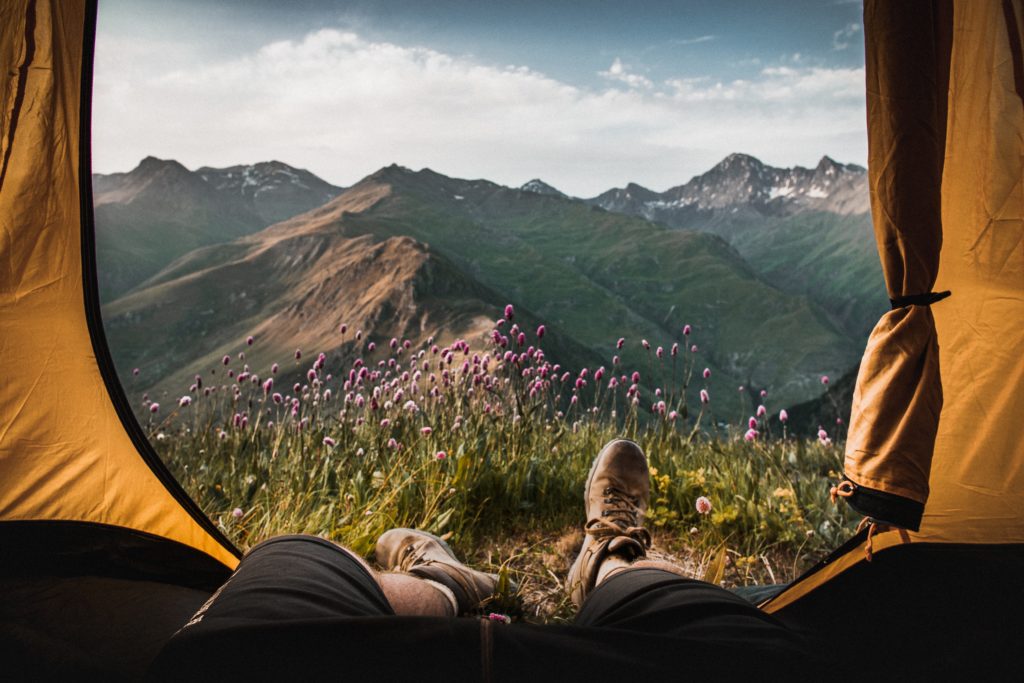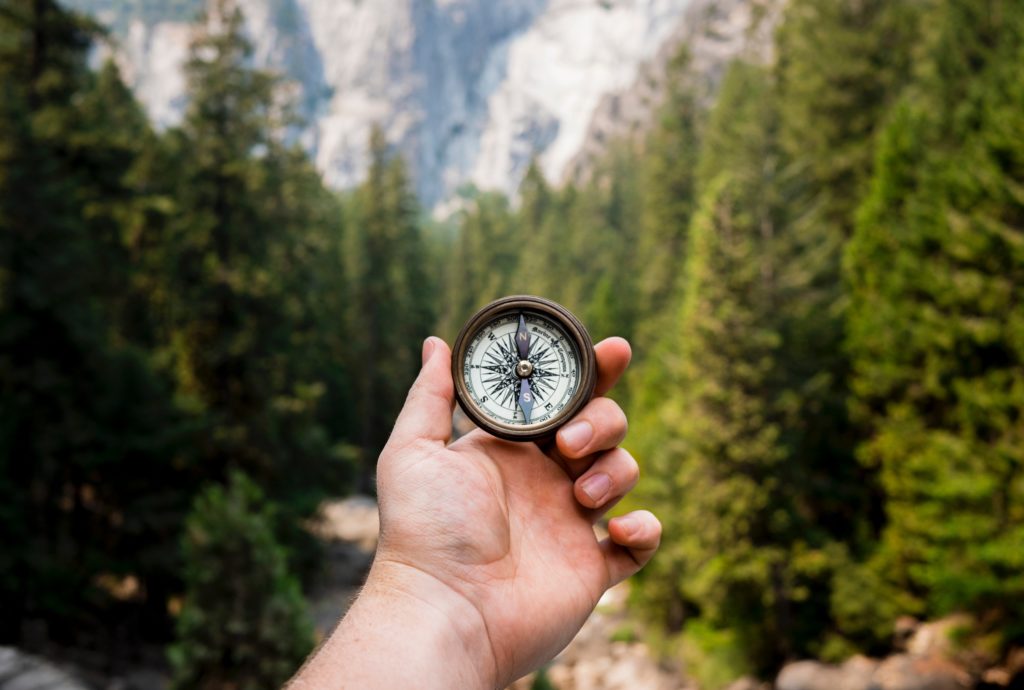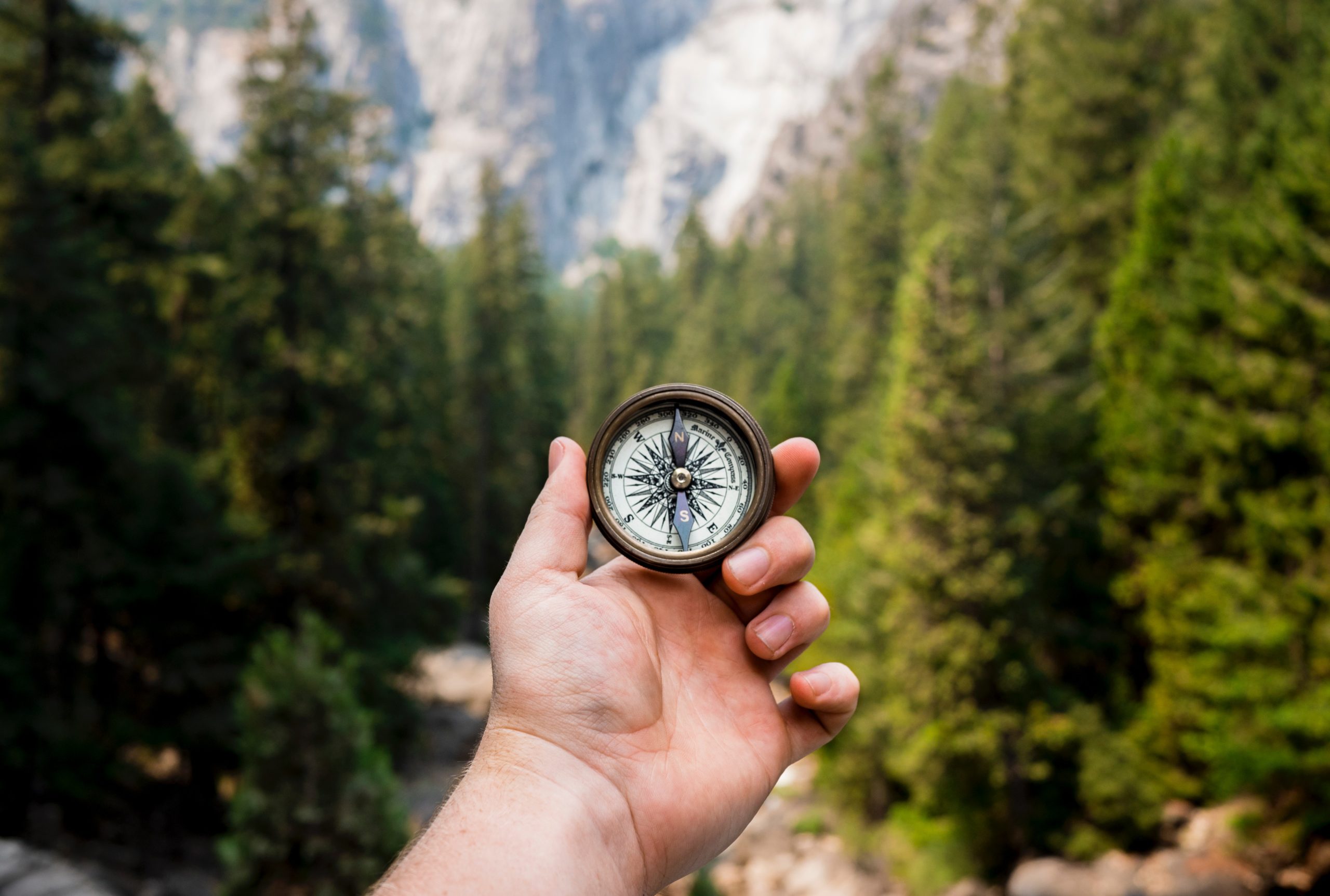Wild camping is a strain of man communing with nature in its wildest form; away from designated camping grounds, and literally out on the sticks.
Though wild camping does have some legal ramifications depending on where you intend to camp, many parks actually do allow it. Some parks, such as Banff National Park, allow backcountry camping provided you make the necessary reservations and secure the proper permits. You may opt to make your reservations online or in the park, several days before you camp, and you may be able to camp out in the wild for free.
When you have the necessary paperwork out of the way it’s time to prepare for the trip. The following tips will help immensely, regardless of where you choose to camp.

Load Up Properly!
Nutrition for long hikes goes without saying. Great foods for hiking include ready-made trail mix, or a combination of nuts, seeds, and nut butters for a portable source of protein.
Granola and muesli are great sources of carbohydrates that can be easily thrown in your pack, with no worry of spoilage. But nothing quite beats the idea of seeing the sun rise off a nearby summit enjoying a nice meal of beans, sausages or similar processed meats, and a warm cup of coffee.
Regardless of what you choose to bring, always make sure it is portable, does not spoil easily, and is easily digested.

Go Lightweight!
The cardinal rule of wild camping is to go lightweight. As camping out in the wild requires long hikes to get to remote campsites, and entails strenuous physical activity, carrying lightweight camping equipment is a must. This goes for both essentials: your tent, and your bed.
While there are many backpacking tents to choose from, this one from ZPacks may be the best choice for an ultra-lightweight yet feature-packed tent. It’s recommended to order this tent two or three weeks prior to your camping trip though, as these shelters are individually made; which is their mark of quality.
The same is true for your sleeping gear; regardless of whether you choose to use a sleeping bag or an air mattress, choose one that is lightweight and portable, and above all, provides the most comfort. One of the favorite air mattresses for our specific purpose is compact to carry yet very comfortable when inflated, and of course, lightweight.

Don’t Get Lost!
No matter the destination, you always, always, and I mean always need to make sure that you’re on track. Don’t just look at landmarks, trust your instincts and think you will find your way back, but also bring a map (obviously), a compass and a clock. The clock will serve as a fallback for the compass (by looking at the sun) and can help you check the time needed for trails. If you’re on a two-mile trail but you’re still not at your destination after two hours, it’s time to go back and look again.
If you don’t want to go the old-fashioned way and really want to be sure, bring a gadget with GPS. If this is still called wild camping is probably up for debate, but it will surely give you peace of mind.
When Nature Calls, Dig It!
There are no portalets in nature. Hence, when nature calls, it is best to bring a trowel to clean up after relieving yourself. Or do it by hand.
Portable toilets are an option, but for camping out in the wild where going lightweight is key, these may end up in you carrying extra, unneeded weight, and take up precious space in your pack. Another drawback is that these toilets will take up time to clean. In a wild, back country camping type of setting, there may not be any facilities at all for cleaning portable toilets so it is best to go with the lightest option.
What’s Not to Love
Wild camping is a great way to experience camping in a whole different way. Camping off the grid can bring you closer to nature, away from the noisy, crowded camping grounds we are so accustomed to when we want to “get away from it all”. Just remember the cardinal mantra of wild camping: less is more.
